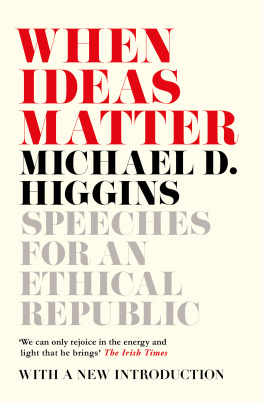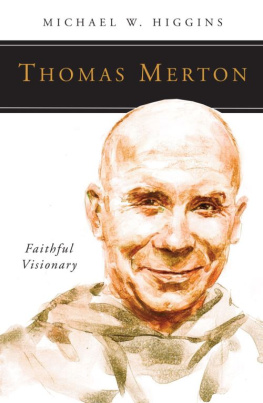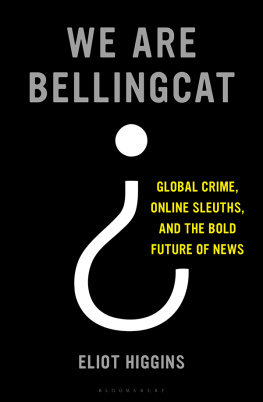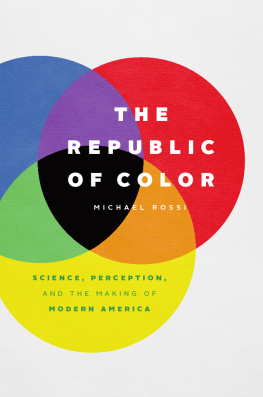That which has failed must not be repaired.
I wish to thank those who have sat in the Chair at different stages, for their courtesy and kindness to me over a very long period. I have been here in this Chamber for twenty-five years, with nine years in the Seanad, and since I first stood for election forty-two years ago. I am indebted not just for the courtesy of Members of this House, the staff and the ushers and others, but also, on occasion, for their kindness as well. Gabhaim buochas chro leo agus chomh maith le mo chomhleacaithe thar na blianta.
This evening I want to take advantage of the wide range of speeches that have preceded mine, including those on Dil reform. Nevertheless, I wish to concentrate on what I believe makes up some of the contextual background to what we are discussing today. I wish the next government well. It is a government I hope to look at from a distance. I have already said I am very grateful for the kindness and courtesy of my colleagues in this House over the years, and I hope not to be saying a goodbye to them. If I succeed in getting the Labour Party nomination for the presidency, I look forward to meeting them all in their constituencies in a less formal setting.
When I first stood for election in 1969, I was very conscious of something that is important to me. I was leaving an academic world in which I had spent a great deal of time, and on which I had expended a great deal of anxiety in order to secure entry. People from backgrounds such as mine did not go to university, did not qualify in other universities, and certainly did not teach in universities . I left that world to participate in public life, which was part of the tradition of my family. I wish people from all walks of life took part in politics and in public life. It is very important to act in the public space with whatever, as Connolly would put it, are the gifts of hand or brain one has, and to deliver it for ones fellow citizens . I was conscious in 1969, however, of the great failure of a country that then called itself a republic. I believe no real republic has been created in Ireland. The failure has been of three kinds. There has been a failure in making political power republican; a failure in making republican any kind of administrative power; and a failure with regard to communicative power. Without being technical about each of these, I think that those who wanted Ireland to be independent would have envisaged a country in which there would be a far greater distribution of power, that it would not be confined solely to the exercise of parliamentary democracy.
Parliamentary democracy is incredibly important. For many years, people in Ireland struggled to have their own parliament and struggled to participate in it. But there is more to political power than voting once every four or five years; there is the exercise of power in every dimension of life. If a real republic had been founded, we should have been spending decades extending and deepening political power. To the credit of the Labour Party, that has been its intention and aspiration, however achieved, since it was founded in 1912. With regard to administrative power, it is quite appalling that there was no real change from the time the Treasury dominated in the olden days in the handover to the Department of Finance.
As a political scientist, I find it quite extraordinary that so much attention has focused on changing the electoral system and so little on the structure of Cabinet power. There is no constitutional basis for the hegemony of the Department of Finance; it was a practice that flowed seamlessly from the British Treasury and was adopted without question. If one wanted to effect radical change, one would break the connection between the monopoly enjoyed by the government of the day and Parliament. One would allow, for example, the establishment of a committee system with the right to initiate and change legislation. If one wanted to go further, as in the Scandinavian model, it would be to allow committees to have limited budgetary powers, thus ensuring that people who came into politics would have a career in politics separate from being on the front bench, if in Opposition, or being in Cabinet, if in government. These are real reforms, but they are empty and missing from the discourse. I have the impression that even though the Labour Party has produced 140 proposals which I strongly support, including in particular its proposals on citizenship, I find, generally, that there is an element of fright in what those elected are suggesting, as if they are offering themselves for reform, as if that was the major problem. That is not the problem.
I will give my opinion on where I think this is going, having spent my lifetime not just in elected politics but also in academic politics and the social sciences another area of great failure. I say this as a founding member of the Irish Sociological Association and the Irish Political Science Association. One need only watch television and listen to radio to know what is happening internationally. A significant price is already being paid for the broken connection between the aspirations of the people of this planet and those who take decisions on their behalf. The distinguished political scientist Jrgen Habermas has suggested that people can be invited to be bound by rules and by decisions in which they have had a chance to consciously participate. In one part of the world after another, we have the assumption that rational parliaments will be able to solve global problems such as the food crisis, the environmental crisis, the energy crisis, or whatever.
At the same time, very serious people are suggesting that it is parliament that is irrational, and that markets are rational, when in fact all the evidence shows that it is the flow of international market capital which is completely unaccountable and is irrational. There is no evidence since the Crash in the 1920s in the United States, which can show one jot of evidence, as both Professor Samuels Senior and Junior have stated, that the markets are rational. There is strong evidence for the speculative consequences of markets.
On the other hand, people have put all their trust in parliaments, and all over the world parliament is losing. In the European Union, for instance, we are in the gravest danger of sinking back to a common market rather than a Europe beyond wars, which might have been a Europe of all the citizens. The citizen deficit in Europe is its most serious failure. That is why those who want to defend their banks, be they French presidents or German chancellors, are defending their francs rather than the possibilities of Europe. They have put us in so much danger as regards the European project.
There was a great opportunity missed to build a real inclusive republic in Ireland, which would have reformed the relationship of Cabinet to the Dil structures, that would have had a democratic, local government, that would have allowed opportunities for participation. There has been a political failure to establish a republic. There has also been an administrative failure, whereby administrative structures are hierarchical and patriarchal. I listen to those speaking about the clash between being a legislator and being a representative , and the consequences of clientelism, about which I wrote in the 1970s. This is because of an authoritarian administrative system that never saw the citizen in the French republican sense of being an equal. It was because the relationship of the citizen with the State system was devalued.
There is a communicative power where there is no connection between the vulnerability, the struggle and the agony of ordinary people at this time, and the description of what is news, of what is happening in the world which they inhabit. They do not have equal access to the story; rather, it is for those who work in the sector. I was Minister with responsibility for broadcast communications. This is not an Irish phenomenon. Across Europe and the Western World, people will say that they must be cynical about presenting what the viewing or listening public will accept as the news of the day. This kind of artificial connection between what is moral and what is ethical is incredibly dangerous.











